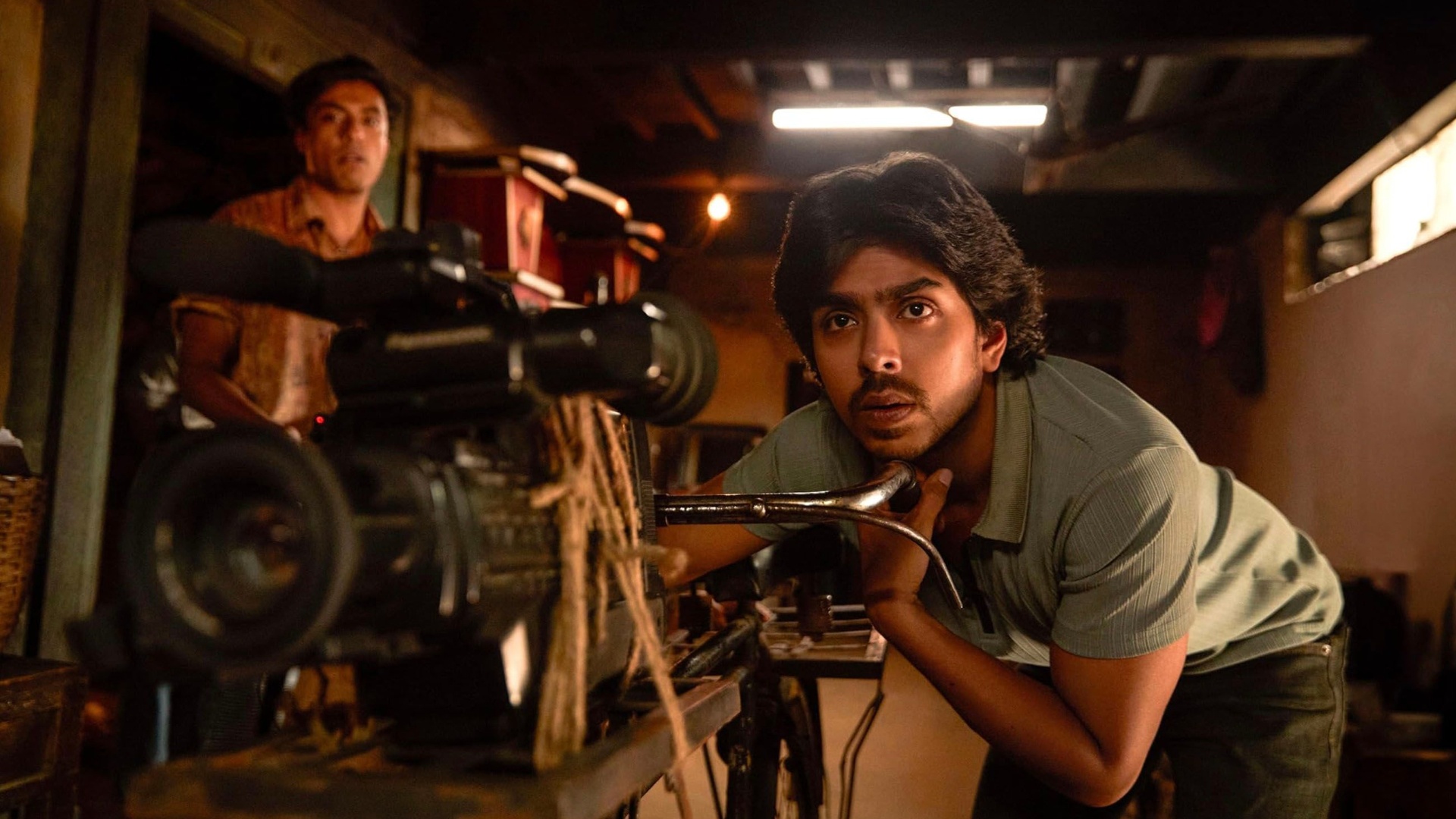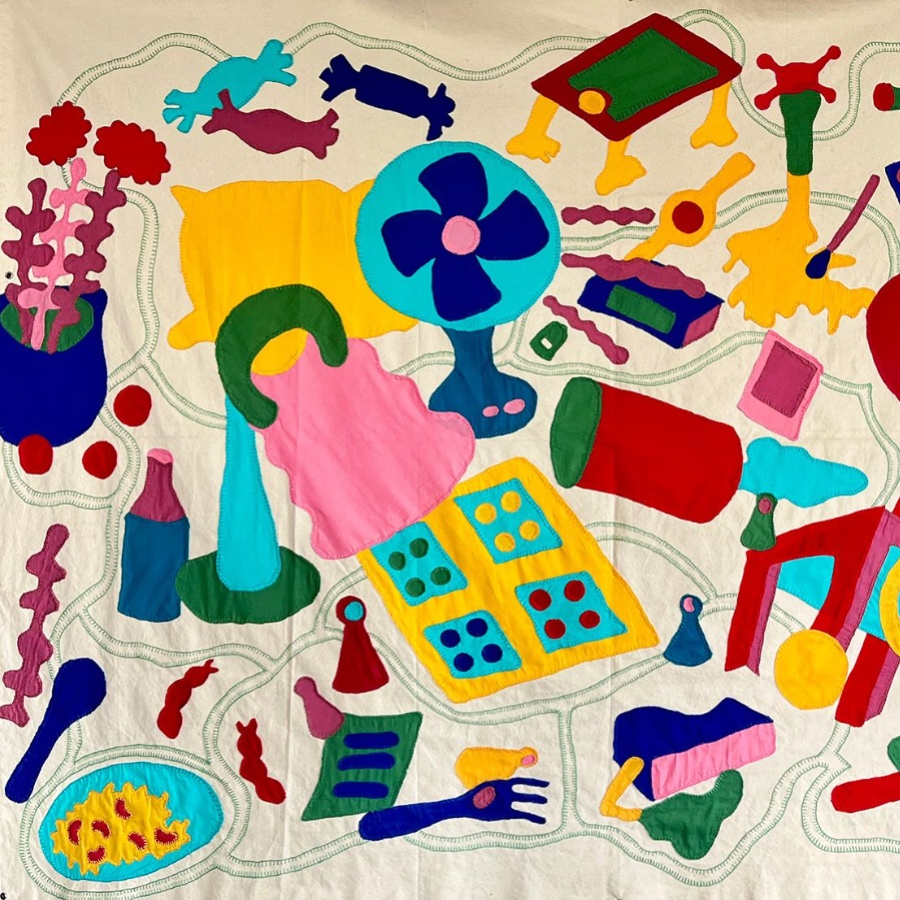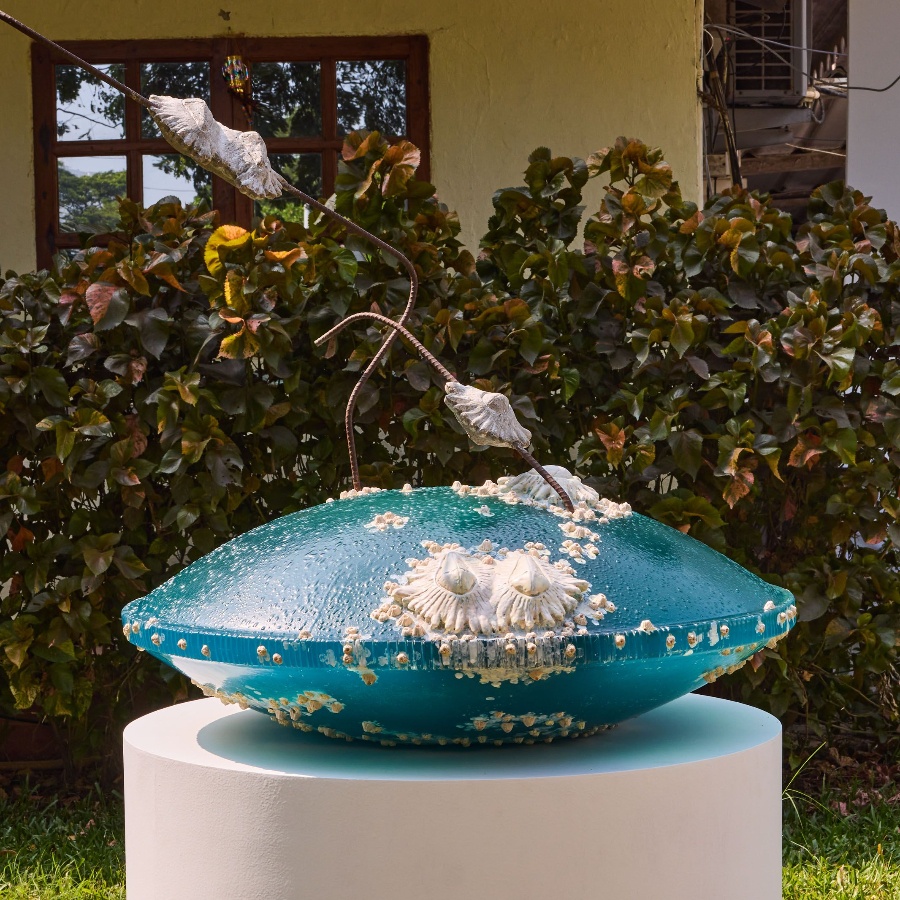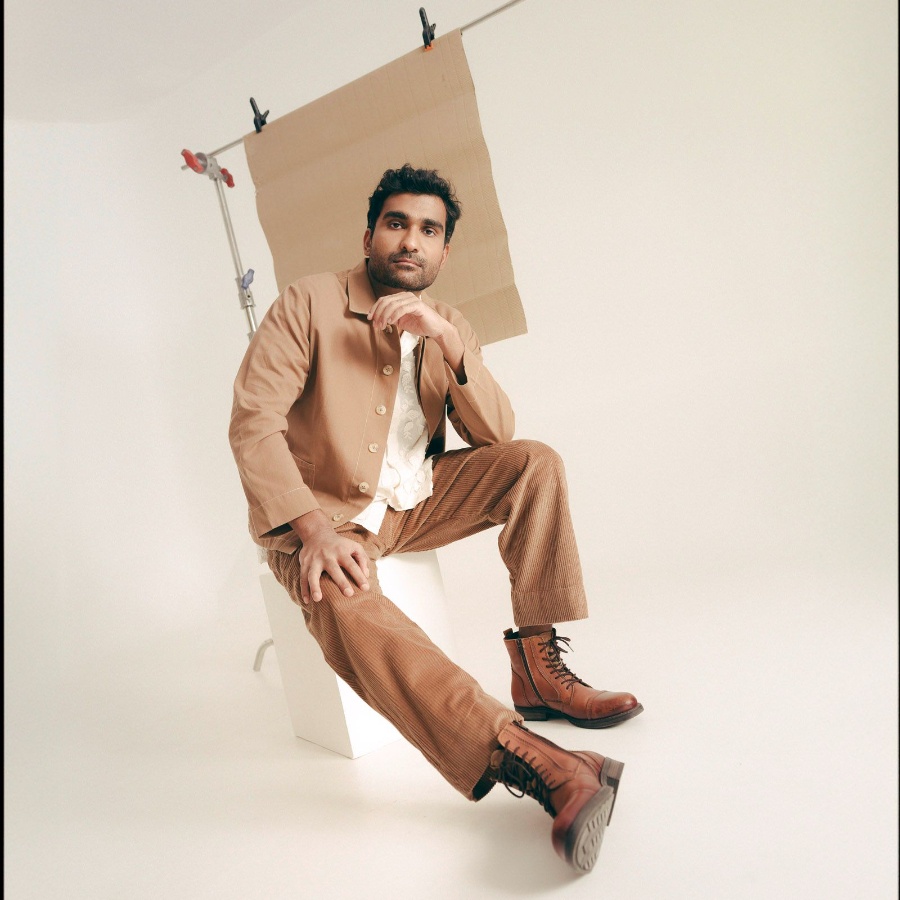For a film that’s meant to be an ode to cinema, Reema Kagti’s latest project, Superboys of Malegaon, which premiered at the Toronto International Film Festival this past Friday, is surprisingly light on the craft. Based on a true story, and loosely adapted from Faiza Ahmad Khan’s 2008 documentary, Supermen of Malegaon, the film focuses on Nasir Shaikh, a real-life amateur filmmaker, who singlehandedly built an underground film industry in the small Maharashtrian town of Malegaon in the late 1990s and 2000s.
Nasir (played by Adarsh Gourav) has a deep, all-abiding love for cinema, particularly the action and comedy films of Jackie Chan, Charlie Chaplin, and Buster Keaton. When his brother’s video parlour begins to fail, Nasir teams up with a ragtag group of fellow film buffs—Shafique (Shashank Arora), Farogh (Vineet Kumar Singh), and Akram (Anuj Singh Duhan)—to shoot parodies of popular Bollywood films. Their spoofs are a success and the video parlour soon becomes the hottest ticket in town.
At a post-screening Q&A at TIFF, producer Zoya Akhtar shared an anecdote about the first time she met the real Nasir—who was also on the panel alongside Kagti, screenwriter Varun Grover, and key members of the cast. “He said ‘I’m a huge fan of your father’s, I’ve ripped off all his films,’” Akhtar quipped, and indeed, scriptwriters Salim-Javed’s Sholay is one of the first films that Nasir and his crew parodied.
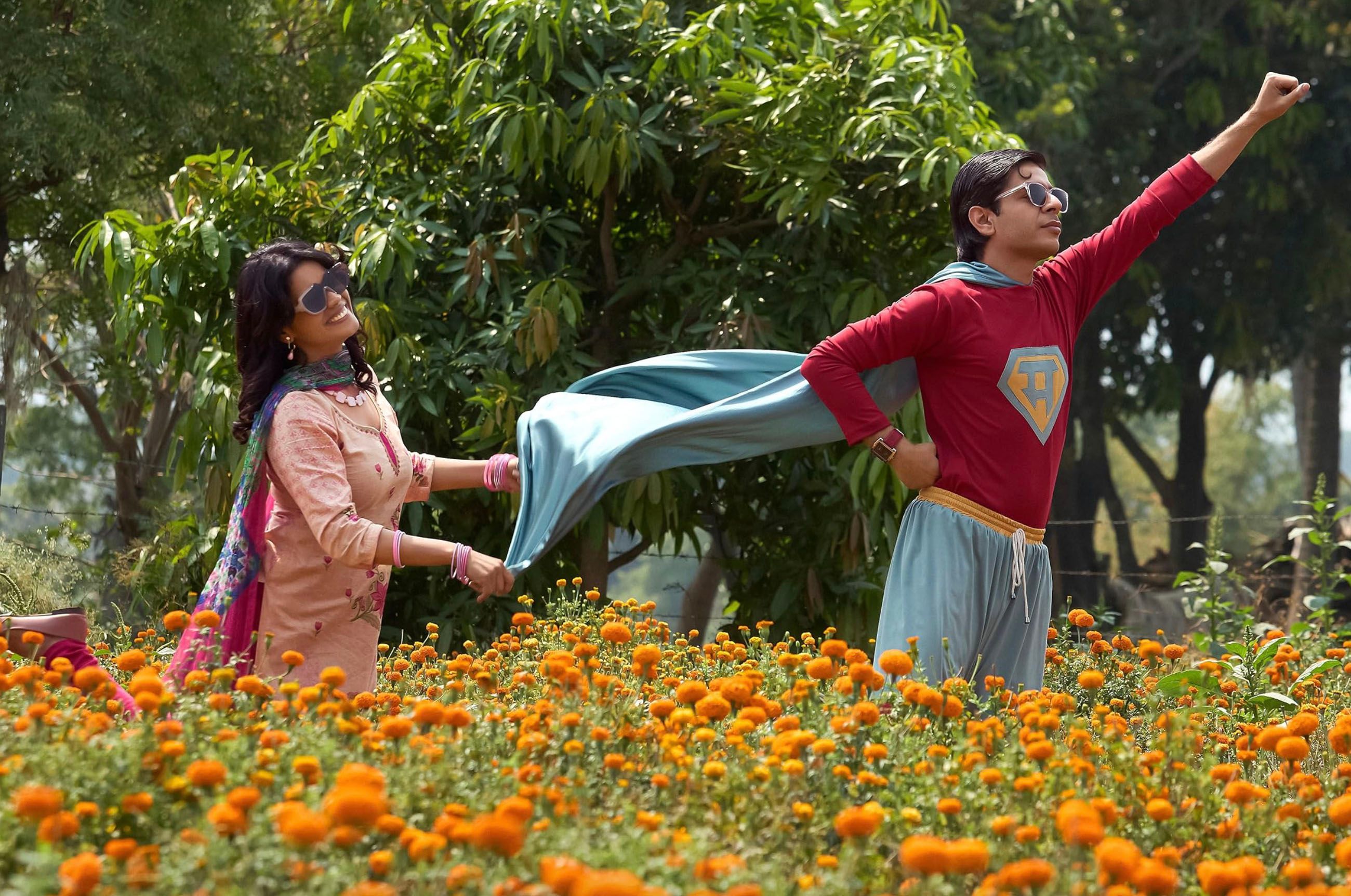
The zany charm of "Superboys of Malegaon" is overshadowed by its focus on small town melodrama
The success of the Sholay spoof spurs Nasir and his ad hoc film collective onto more parodies and more successes, and eventually, inevitably, some flops. Tensions rise and creative differences and ego tussles ensue. Farogh wants to be a real writer, Akram becomes increasingly jealous of Nasir’s sudden fame and wealth, and Nasir has romantic entanglements and family obligations to sort out. It’s these overly emotional narrative devices that push Superboys of Malegaon into the realm of melodrama, sacrificing the zany, charming film-about-film it could have been.
When Shafique is diagnosed with cancer, it brings the gang back together. The second half of the film is largely devoted to the process of making a spoof of Superman, titled Malegaon ka Superman, with Shafique—a handloom worker who dreams of becoming the next Amitabh Bachchan—playing the lead.
As if all this wasn’t meta enough, the making of Malegaon ka Superman was the primary focus of Khan’s documentary (available on YouTube). Some of the most vibrant sequences in both Khan and Kagti’s films are the moments in which Nasir experiments with chroma and green screen technology to show Superman flying over the fields and roads of Malegaon. And while Kagti’s film is more polished, Khan’s low budget documentary feels like a spiritual twin to Nasir’s own DIY style.
The docu also touches on communal segregation in Malegaon, which is a Muslim-majority town, where Hindus live on one side of the river and Muslims on the other. Bringing this element in would have shifted the focus and tone of Kagti's film, so it's understandable why it was ignored. But given that all the characters—and their real-world inspirations—are Muslim, it’s somewhat ironic that the actors playing them are not.
Moreover, in Khan’s documentary, we see that Nasir is not driven by conventional dreams of money, fame, or success—he’s in this purely for the love of cinema, for a chance to retell his favourite stories in his own style and with his own sense of humour. This singular passion gets overshadowed somewhat in Kagti’s film, which also explores interpersonal dynamics within the group in a manner that often feels contrived, with reconciliations that seem a touch too convenient.
The film is determined to be a feel-good story, with Grover’s screenplay neatly tying up all narrative threads by the end—and if the reaction at the premiere is anything to go by, it works. The film brought the house down, with the audience in the theatre cheering and applauding in tandem with the audience on screen, mirroring their delight and reaffirming the power of the community cinema experience.
“The film has so many layers,” said Kagti, when asked why she wanted to make this film. “Apart from Nasir achieving his dream, what was really humbling for me was how Nasir wanted to make films just for the pleasure of making films. He had no other agenda. He and his group of friends, with very little, gave rise to an underground film movement in Malegaon. They had their own parallel industry, producing films and exhibiting them in their video parlours. It’s such a tribute to cinema that I had to do this.”
